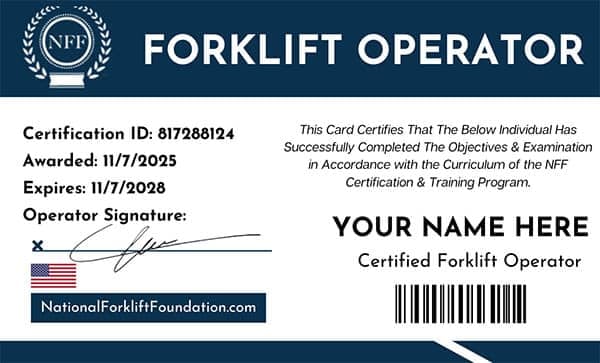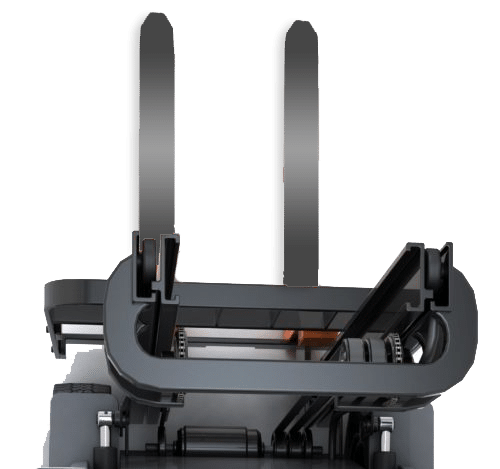Home » New York Forklift Certification » Get Your Forklift Certification in Buffalo NY


| Feature |  |
Others |
| Access any time, anywhere | ||
| Instant proof of Certification | ||
| Save progress so you can stop and continue at a later time | ||
| Available on mobile/tablet platforms | ||
| Interactive Video Based Training | ||
| Unlimited Exam Re-Takes | ||
| Designed to meet OSHA & NFPA Standards | ||
| 100% Acceptance Guarantee | ||
| Easy QR Code Certificate Authentication |


Login and access the course on any device and study the material at your own pace. The exam can be taken unlimited number of times but a score of 70% or better is needed for certification.


Based on 4.9 Rating
Based on 4.9 Rating
To initiate the forklift certification process, you need to confirm that you meet these criteria: U.S. Citizenship or proof of lawful presence if not a U.S. Citizen, being 18 years or older, and having minimal or no visual impairments or physical disabilities that could hinder safe vehicle operation.
Once you have confirmed that you meet the basic requirements outlined above, the subsequent step is to register for your official certification training. This training will encompass the fundamentals of safe forklift operation, the specific vehicle(s) utilized in the workplace, the hazards posed by these vehicles in the workplace, and the overall safety regulations mandated by the OSHA standard. Please visit the [OSHA website](https://www.osha.gov/) for more information.
In order to confirm that you have completed the instructional training, you are required to successfully complete a formal assessment that tests your understanding of the training material. The format and duration of the assessment may differ based on the location where you are undergoing the training. The National Forklift Foundation provides a 29-question multiple-choice evaluation as part of the training program.
Upon successfully completing the instructional assessment, you will be awarded a formal certification document. For the certification to be valid, it must adhere to certain standards. It should be an official certification from the National Forklift Foundation, featuring a QR code for authenticity checks. Employers must endorse the hands-on practical assessment to verify the operator's proficiency in practical scenarios. The certification should clearly show the trainee's full name, completion date, and equipment classification. Furthermore, it must include a unique certificate ID number for tracking and verification. Ensure you promptly provide a copy of your certification to your employer to meet OSHA documentation requirements. If you're transitioning between jobs in Buffalo, rest assured—your National Forklift Foundation certification will accompany you and remain valid wherever your career leads.
In Buffalo, freight moves with lake-effect urgency. Cross-border trucks stream over the Peace Bridge, air cargo turns at Buffalo Niagara International Airport, and distribution hubs line the I-90/I-190 corridors. In this environment, OSHA-compliant forklift certification isn’t a nice-to-have—it’s how facilities keep people safe and freight flowing. The National Forklift Foundation (NFF) gives Buffalo employers and operators a practical, nationally recognized path that fits 24/7 operations without sacrificing safety.
Western New York’s economy is anchored by manufacturing, food & beverage, healthcare distribution, and cross-border logistics. Regional employers, from advanced manufacturers supported by the Buffalo Niagara Manufacturing Alliance (BNMA) to warehouse tenants near the airport, rely on trained operators who can move pallets efficiently on tight docks, in coolers, and across mixed indoor/outdoor yards. OSHA-aligned forklift certification signals day-one readiness and reduces the onboarding time that can bottleneck peak seasons.
The federal Powered Industrial Trucks standard—29 CFR 1910.178—requires formal instruction, truck/workplace-specific practical training, and evaluation, with refreshers after incidents or workplace changes. OSHA’s e-tools on pre-operation checks and safe operating rules set the baseline. NFF’s curriculum aligns to those requirements so employers can document compliance and focus on throughput.
Proximity to Canada makes cross-border distribution a constant. The Buffalo & Fort Erie Public Bridge Authority (Peace Bridge) is a major commercial artery—facilities along I-190 and the South Buffalo corridors need certified operators who can load/unload quickly, verify stability on ramps, and maintain clear aisles during pre-clearance rushes.
The airport area is home to DCs, parcel hubs, and 3PLs; tenants near Buffalo Niagara International Airport run around the clock and prize operators who can execute safe staging, battery swaps, and efficient dock turns in variable weather.
City-led revitalization brings mixed-use industrial sites back to life. The Buffalo Urban Development Corporation (BUDC) has advanced business parks and adaptive reuse projects that house light manufacturing and distribution. In these multi-tenant buildings, safe, low-load travel and horn discipline are essential.
A standardized, OSHA-aligned program reduces incident risk and unplanned downtime while supporting the public health goals of the Erie County Department of Health. It also strengthens your safety narrative with customers and insurers—an advantage for members of the Buffalo Niagara Partnership competing for contracts and talent.
Shift work is the norm in Western New York. NFF’s online theory lets operators learn after hours or between runs, while employers handle hands-on evaluation on their own equipment and routes. That keeps freight moving during lake-effect storms and seasonal surges without pulling crews off the floor.
Bottom line: OSHA-aligned forklift certification from the National Forklift Foundation gives Buffalo employers a consistent, defensible training framework—and gives operators a credential that opens doors from airport DCs to South Buffalo industrial parks.
Buffalo, NY offers a variety of job opportunities for forklift operators due to its thriving manufacturing, logistics, and warehousing industries. With the city's strategic location near major transportation routes and distribution centers, there is a consistent demand for skilled forklift drivers. Obtaining a forklift certification is essential for standing out to potential employers in Buffalo. Including this certification on your resume can increase your chances of landing a job as a forklift operator in the city. Keep an eye out for job postings on local job boards, company websites, and staffing agencies to find the right opportunity that matches your skills and experience in Buffalo, NY.
In Buffalo, NY, it is crucial to have a forklift certification to operate this heavy machinery safely and efficiently. Forklifts are powerful industrial trucks that can pose serious risks to both the operator and those working around them if not handled properly. By obtaining a forklift certification, individuals learn the necessary skills and safety protocols to operate the equipment correctly, reducing the likelihood of accidents and injuries in the workplace. Moreover, having a forklift certification in Buffalo, NY is not just a best practice but a legal requirement. The Occupational Safety and Health Administration (OSHA) mandates that all forklift operators must be certified to ensure a safe working environment. To learn more about OSHA's guidelines and regulations regarding forklift operation, you can visit their official website at www.osha.gov.
Nope! The entire course is completely online. Whether you reside in downtown Buffalo or the nearby areas, you can obtain certification from the convenience of your home without the need for a physical classroom or commuting.
In Buffalo, NY, forklift jobs are prevalent across various industries, providing numerous opportunities for certified operators. The logistics and warehousing sector is a significant employer, with companies like FedEx and UPS frequently seeking skilled forklift operators to manage inventory and streamline distribution processes. Manufacturing is another key industry, with firms such as General Mills and Moog Inc. requiring operators to handle materials and support production lines efficiently. The construction industry also offers forklift positions, where operators are needed to move heavy materials on job sites. Additionally, shipping and receiving departments in companies like Rich Products Corporation often hire forklift operators to ensure smooth operations. These roles typically demand certification and experience, offering competitive wages and the potential for career advancement in Buffalo's thriving industrial landscape.
Absolutely! Whether you're in Amherst, Cheektowaga, Tonawanda, West Seneca, or Williamsville, this certification is valid and recognized throughout the Buffalo metro area. All you need is an internet connection.
If you’re forklift certified and looking for work in Buffalo or Erie County, these trusted resources will help you land interviews fast. All links open in a new tab.
